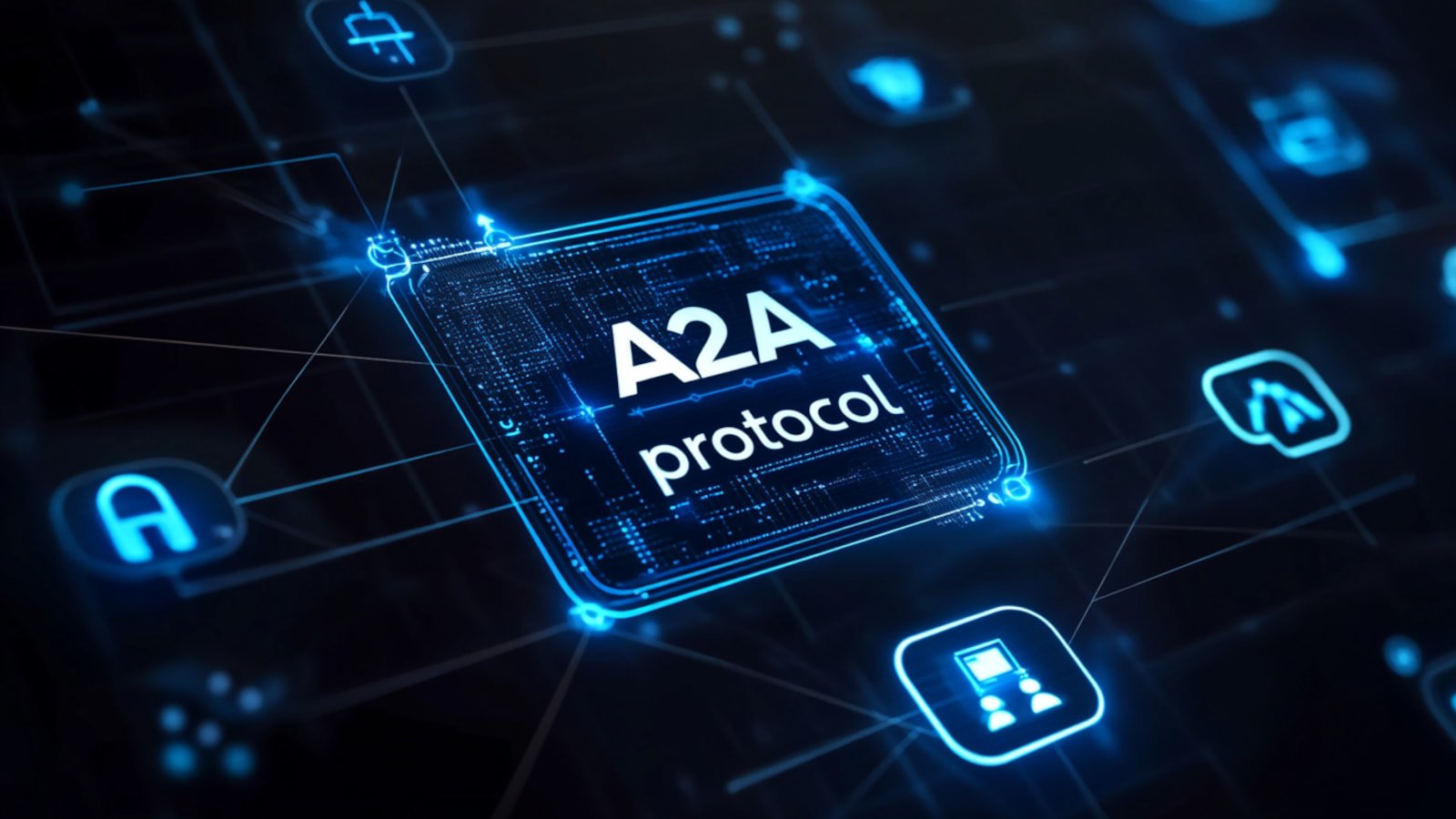
Google has transferred ownership of its Agent2Agent protocol—including its specification, developer SDKs and tooling—to the Linux Foundation, ushering in a new era of open, vendor-neutral collaboration on AI agent interoperability. Announced on 23 June at the Open Source Summit North America, the move positions more than 100 organisations, including AWS, Cisco, Microsoft, Salesforce, SAP and ServiceNow, to jointly steward and evolve the protocol under a neutral governance framework.
A2A, first introduced by Google in April 2025, establishes an open standard enabling autonomous AI agents to discover peers, exchange secure information and coordinate multi-step tasks across different platforms. Firms such as AWS and Cisco have already integrated or plan to integrate A2A into key components like directory services, identity, messaging and observability frameworks.
Google’s motivation for migrating A2A to the Linux Foundation stems from concerns over fragmentation and vendor lock-in in enterprise AI ecosystems. A neutral, open-governance structure, the announcement explains, will accelerate adoption, encourage wider contributions and maintain long-term stewardship of the protocol.
Linux Foundation Executive Director Jim Zemlin emphasised the importance of neutrality, stating that hosting A2A ensures long-term collaboration and unbiased governance necessary to unlock agent‑to‑agent productivity. Google Cloud’s Rao Surapaneni further described A2A as a “vital open standard” that enables interoperable AI frameworks across platforms.
The initiative has drawn support from major tech providers. AWS’s Swami Sivasubramanian pledged contributions to the protocol and its agentic ecosystem, while Cisco’s Vijoy Pandey underlined A2A’s role in building an “interoperable Internet of Agents” via integrations with open-source components. Microsoft, Salesforce, SAP and ServiceNow echoed these endorsements, with commitments to incorporate the protocol within their enterprise-grade AI offerings.
The migration also signals a broader effort within the AI community to embrace open standards. While organisations such as Anthropic with its Model Context Protocol focus on connecting agents to tools and data, A2A complements by enabling agent-to-agent coordination. Mike Smith of Google noted at the summit that the protocol has been revised to allow flexible extensions and improved agent identity frameworks.
Analysts predict that establishing robust standards for AI agent interoperability could pave the way for more complex, multi-agent workflows in enterprise systems. A report from Futurum Group forecasts that agent-driven automation could generate around $6 trillion of economic value by 2028, though experts caution governance and security frameworks must evolve in parallel.
Academic scrutiny, however, highlights lingering security and privacy concerns. A May 2025 paper on arXiv emphasised the need for enhancements such as short‑lived tokens, consent‑driven exchanges, and tighter control mechanisms to safeguard sensitive data flows between agents. Another study from April provided a comprehensive analysis of secure implementations, recommending proactive threat modelling and structured identity governance to fortify A2A deployments.
Under the Linux Foundation, A2A will benefit from established intellectual property frameworks, transparent technical working groups and community-driven decision processes, according to the Linux Foundation’s press materials. The governance roadmap includes exploring standards around trustworthy identity, delegated authority, policy controls and reputational attributes that could underpin a mature, interoperable ecosystem.
The protocol’s practical-ready toolkit, including Python and TypeScript implementations, has already been shared via GitHub to accelerate developer engagement. The open-source community is invited to contribute, with growing participation from systems integrators, enterprise vendors and independent developers.
Enterprise adoption is expected to advance steadily as major cloud and systems providers thread A2A into their AI platforms. Use cases include orchestrating task-specific agents—for example, a procurement assistant triggering financial audit agents, or compliance bots coordinating with legal review agents—without proprietary lock‑in.
Nonetheless, challenges remain. Multi-stakeholder governance could slow decision cycles, and competing priorities may hamper swift feature roll-out. Yet proponents argue that the foundational benefits of open, interoperable agent ecosystems outweigh such trade‑offs in the long term.
The real test will come in adoption: how effectively Linux Foundation‑hosted governance can shepherd A2A from ambitious standard to enterprise‑grade infrastructure underpinning next‑gen AI workflows.


